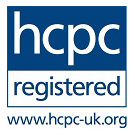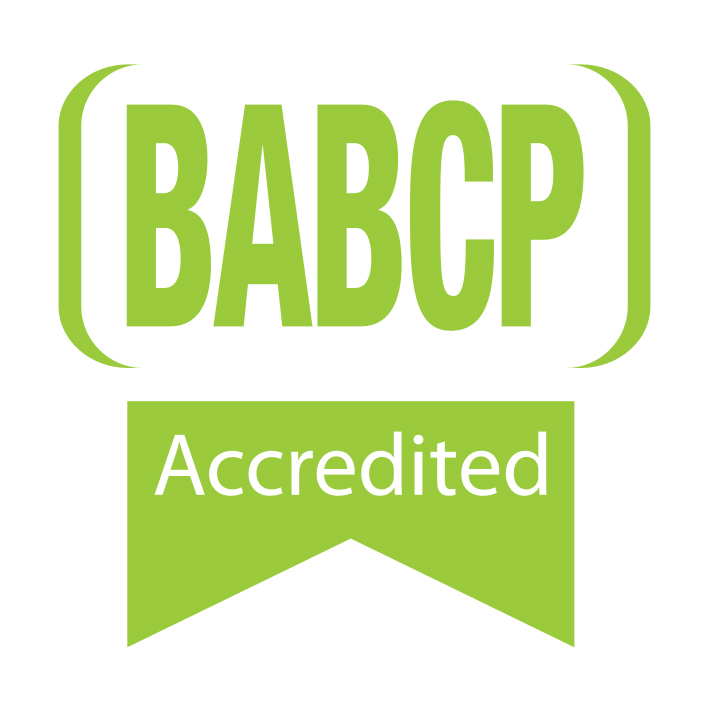I Swear Something’s Wrong, or Is It Just My Anxiety?
Do I Suffer from Health Anxiety?
Health anxiety, also known as illness anxiety disorder, is the excessive worry that you might have or develop a serious medical condition. It's natural to be concerned about your health, but if you find yourself constantly researching symptoms, fearing the worst after minor physical sensations, or visiting doctors frequently for reassurance, you may be experiencing health anxiety. This condition can cause significant distress, impacting daily life and relationships, as your thoughts are consumed with fears about your health despite little to no medical evidence of a serious problem. Causes and Risk FactorsHealth anxiety can develop for several reasons. Some people may have a history of serious illness themselves or have witnessed a loved one go through a major health scare, leading to heightened concern about their own well-being. Personality traits, such as a tendency towards perfectionism or an inclination to worry, can also play a role. External factors like ongoing stress or trauma may increase your risk, and sometimes, health anxiety can be triggered by health-related information or media coverage, leading to misinterpretations of normal bodily sensations.Symptoms of Health AnxietyPeople with health anxiety often misinterpret benign physical symptoms as signs of a serious illness. Common symptoms include:-
Constantly checking your body for signs of illness (e.g., lumps, rashes, or abnormal sensations)
-
Excessive internet searches about symptoms or diseases (also known as "cyberchondria")
-
Frequent visits to doctors for reassurance, or avoiding medical appointments out of fear
-
A persistent sense of dread or fear that something is wrong with your health
-
Anxiety, which may lead to physical symptoms such as headaches, digestive problems, or chest pain
-
Cognitive Behavioral Therapy (CBT): CBT is one of the most effective treatments for health anxiety. It helps identify and challenge irrational beliefs about health and teaches healthier ways to respond to anxious thoughts.
-
Mindfulness: Mindfulness techniques can help you stay grounded in the present moment, reducing the focus on catastrophic thoughts about your health.
-
Limit Reassurance-Seeking: Constantly seeking reassurance from doctors or loved ones can reinforce anxiety. Learning to tolerate uncertainty is key in managing health anxiety.
-
Limit Internet Searches: Set boundaries for how often you search for medical information online, as this can fuel anxiety and lead to unnecessary fears.
-
Exercise and Relaxation Techniques: Regular physical activity and relaxation practices, such as yoga or meditation, can reduce overall anxiety levels, improving both mental and physical well-being.
At Mindscape, we understand how overwhelming health anxiety can feel, but you don’t have to manage it alone. Our platform offers personalized therapy sessions that are tailored to address health anxiety through evidence-based techniques like CBT. We also provide mindfulness resources, guided relaxation exercises, and access to mental health professionals who specialize in anxiety disorders. With Mindscape, you can take meaningful steps toward reducing your health worries and regaining control of your life. Let us support you on your journey to better mental health. You can schedule a no-cost 10-minute consultation to discuss your goals and discover how our support can make a meaningful difference. Please, fill out the contact form with your preferred call time and contact number, and a member of our team will reach out within 48 hours







